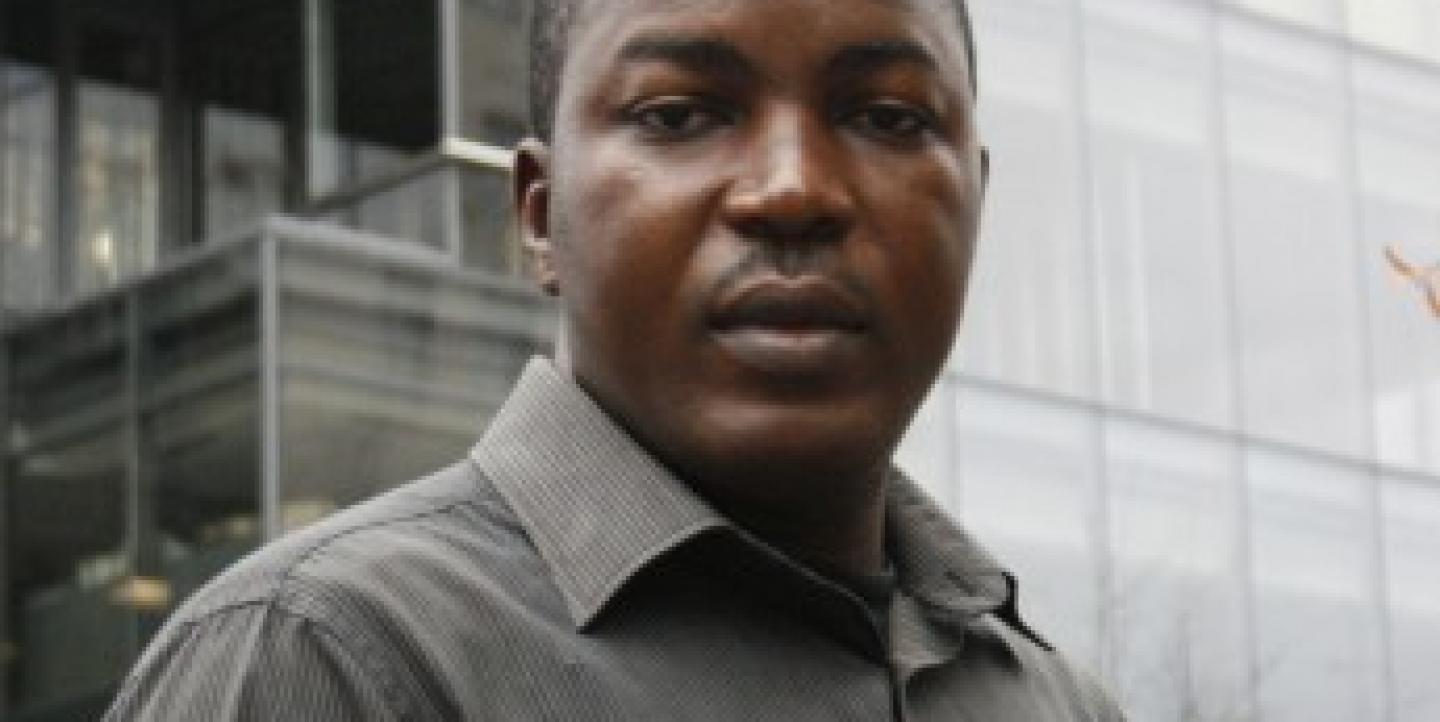Somewhere far from the capital city, far from most newsrooms, and, for that matter, most news consumers, a dilapidated hospital stops functioning. Maybe it happened because the faltering power system failed, or maybe the unpaid staff members finally quit. Either way, the result is the same: people in a remote place just lost their access to healthcare.
In the city, people start noticing when the lines at the local health facility grow longer with people from the countryside who have come because they have nowhere to go for treatment back home. They’ve brought their illnesses with them and crowded the clinics.
With news organizations' resources spread too thin to cover the provinces, who could have seen this story coming?
You could have, if your news organization was plugged into a source that wants the story to be told. That could mean people living in the affected community – clerks, bureaucrats, teachers, students -- some with aspirations to become professional journalists, and some who simply want to tell what is happening to an audience that can do something about it.
That’s what Nigerian journalist and Knight International Journalism Fellow Babatunde Akpeji found when he tapped into a network of citizen journalists to cover health in Nigeria’s Delta region, in order to bring their stories to mainstream media outlets.
Engaging communities in newsgathering requires some investment, but not as big an investment as pulling reporters off their daily beats and sending them out of town. It requires training local newsgatherers in the basics of fact checking, reporting and journalism ethics. The citizen journalists Akpeji worked with also needed to be given cell phones so they could relay their stories to reporters, who could then follow up on the information with government sources.
For media outlets willing to invest in this effort, it pays off in several ways, Akpeji says. Here's why:
Citizen journalists bring news that is relevant to everyone, because their stories will have a ripple effect on the rest of the country. If a policy or system is not working at the grassroots level, Akpeji says, “at the urban level it will collapse very soon.” He advises citizen journalists to show the relationships between what they see happening in their communities and the consequences that follow.
Stories of human interest can be a compelling departure from the media staples of sensationalism and politics. “These are people who should have the same access to services as everyone else,” Akpeji says. He tells citizen journalists to pick one person affected by the disease or circumstance they are focused on, and show the human impact. “Don’t just say 20 percent of the people have this problem, and leave it at that,” he says.
- The material that citizen journalists provide give editors and producers a chance to evaluate a story’s potential, including by getting responses from officials in the capital and sending those responses back to the field to see if they hold up.
What's more, he notes, when media organizations grow their coverage area, they also have the potential to expand their audience. At the least, Akpeji points out, the citizen journalist, as well as neighbors, friends and family, will be eager to see the published or broadcast result of their reporting. Others in the community, when they see their own stories being covered, are more likely to become news consumers, too.
You can read more about Akpeji’s work with citizen journalists here.
Antigone Barton writes the Science Speaks blog for the Center for Global Health Policy. She is a former Knight International Health Journalism Fellow who worked with reporters in Zambia to establish a health beat at The Zambia Daily Mail, one of the country’s major daily newspapers. She was a 2011 Global Health Reporting Fellow at the Nieman Foundation for Journalism at Harvard.
Photo of Babatunde Akpeji courtesy of ICFJ.

